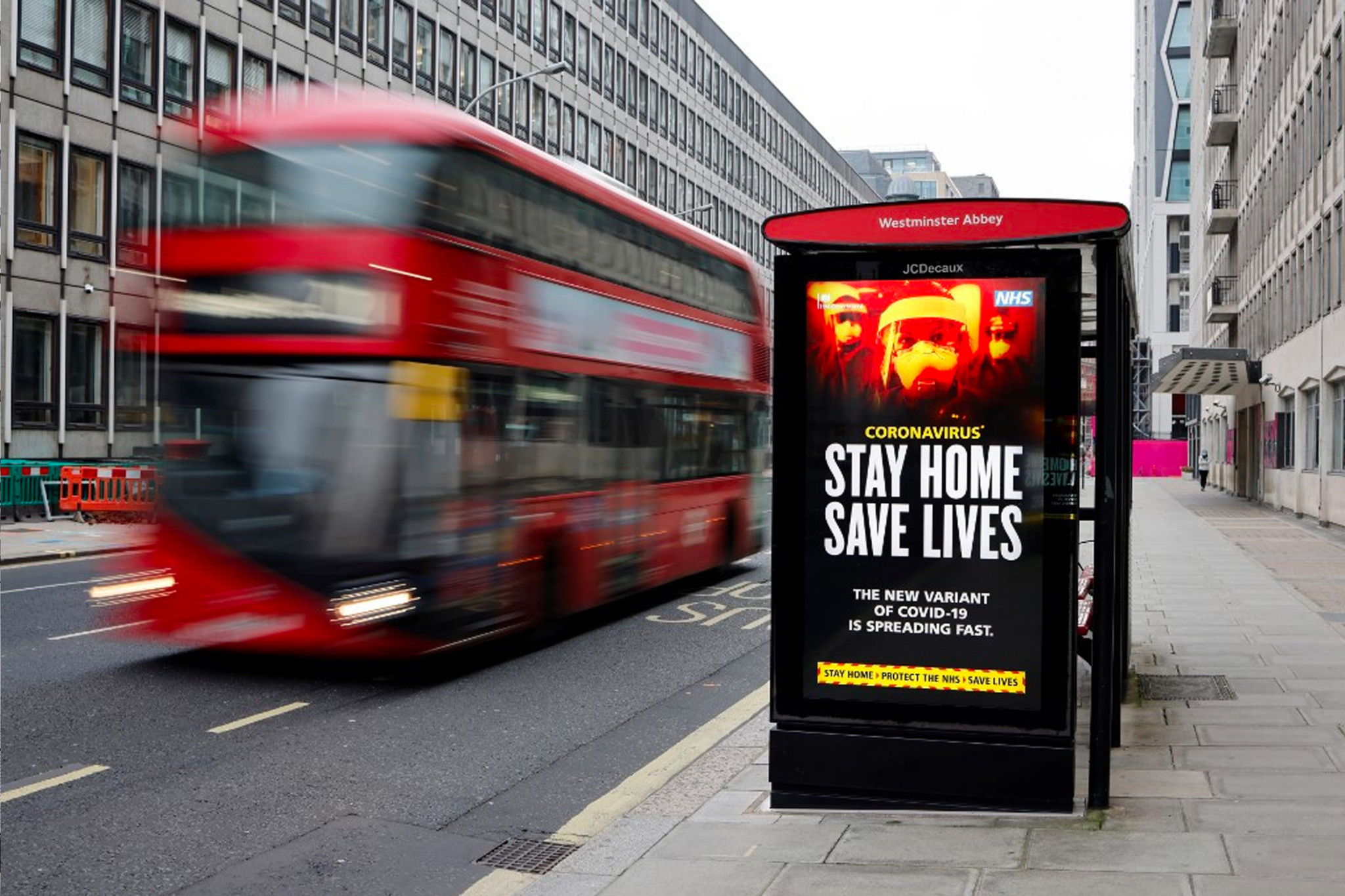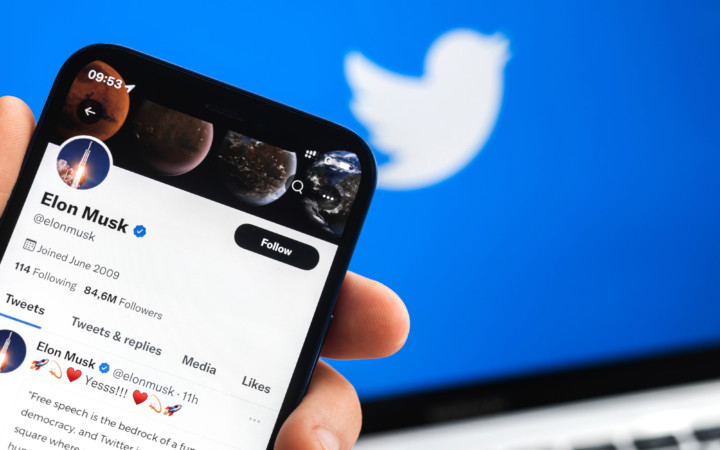
Gad Saad: Pioneering Evolutionary Consumer Psychology
17/01/2024
24/11/2023

On the 2nd anniversary of lockdown in the UK, it is a good time to start to understand how it might have been accepted by entire populations.
Evolutionary psychology proposes that the human mind is a product of evolution by natural selection. It explains that much, if not all, of our behaviour can be explained by appeal to internal psychological mechanisms.
Individuals will typically make hundreds of consumer related decisions a day. Many of these consumption phenomena are manifestations of innate needs, preferences and drives that cater to basic Darwinian goals.
At Uncommon Sense we use these biological levers to help companies sell products and services, so naturally we were curious to find out why the government had such an easy ‘sell’ when it came to lockdowns and why we are seeing a rise in authoritarianism across the West. For so many people to actually want lockdowns, to surrender so many liberties, and in some quantities support the likes of Trudeau and Ardern, there must be a Darwinian pull at play.
Indeed, there is a Darwinian theory for why there was an appetite for lockdowns and a continued appetite for restriction and state control. According to the ‘parasite stress’ hypothesis, authoritarian governments are more likely to emerge in regions characterised by a high prevalence of disease-causing pathogens.
One particularly intriguing study revealed that parasite prevalence strongly predicted cross-national differences on measures assessing individuals’ authoritarian personalities, and this effect statistically mediated the relationship between parasite prevalence and authoritarian governance. This means the more parasitic and transmissible viruses in a locale the higher the probability that people, when measured at the individual level, held authoritarian attitudes.
You might assume that it is parasite prevalence that produces a repressive government, but it doesn’t really affect people at the level of personality, but the findings suggest otherwise. It became apparent that it was the reverse, the parasite prevalence/ infectious diseases made people more authoritarian, on a personal level, and that is what was diving the more authoritarian governments. Clearly this study has all sorts of terrifying implications that we have seen borne out in the last 24 months.
The explanation of how this occurs is that higher disease prevalence leads to greater “disgust sensitivity”; the psychological term for a stronger tendency to experience disgust, which acts as a negative moderating influence on personality traits that predict liberal political views. When reviewing this from a Darwinian perspective, this is exactly the behaviour you would expect to manifest.
Across the millennia in which the evolutionary influences on human nature took effect, there was what scientists have termed an ‘opportunity/parasite trade-off’ that impacted social norms and interaction with outside groups. New practises or interaction with outsiders might mean innovation and trade, but they could also mean ending familiar traditional practises that maintained cleanliness and being exposed to new diseases. At times of high disease risk, our heightened disgust dials down “openness to experience,” which is positively correlated with political liberalism and negatively with authoritarianism.
It is clear that Governments are using opinion polling to shape policy, so could this polling be a reflection (which has been exacerbated by the legacy media) of the perceived increase in the prevalence of pathogens? Once this is understood it is clear how governments have had such an easy sell. Their messaging talks directly with systems that are hardwired within us. Our innate biology craves, restrictions, borders, control, and a big state to punish all those not abiding by the rules, and subsequently threatening our safety.
Now, here is the big question. If lockdown can talk so elegantly to our biology, how do we frame freedom from an evolutionary perspective? What is the innate psychological driver that will make people want to – and feel empowered to – reclaim their freedom?
The concept of freedom evolved in the west, and therefore it must have been advantageous on a genetic level to those individuals who embraced it, manifesting in the fittest strategy for cultures and its subsequent prevalence across the west.
If I was a freedom loving individual in New Zealand or Canada right now, I would be asking; what innate needs, preferences, and drives can we appeal to that make people throw off the shackles of the state, harness their desire for freedom and reclaim individual liberty?

17/01/2024

01/01/2024